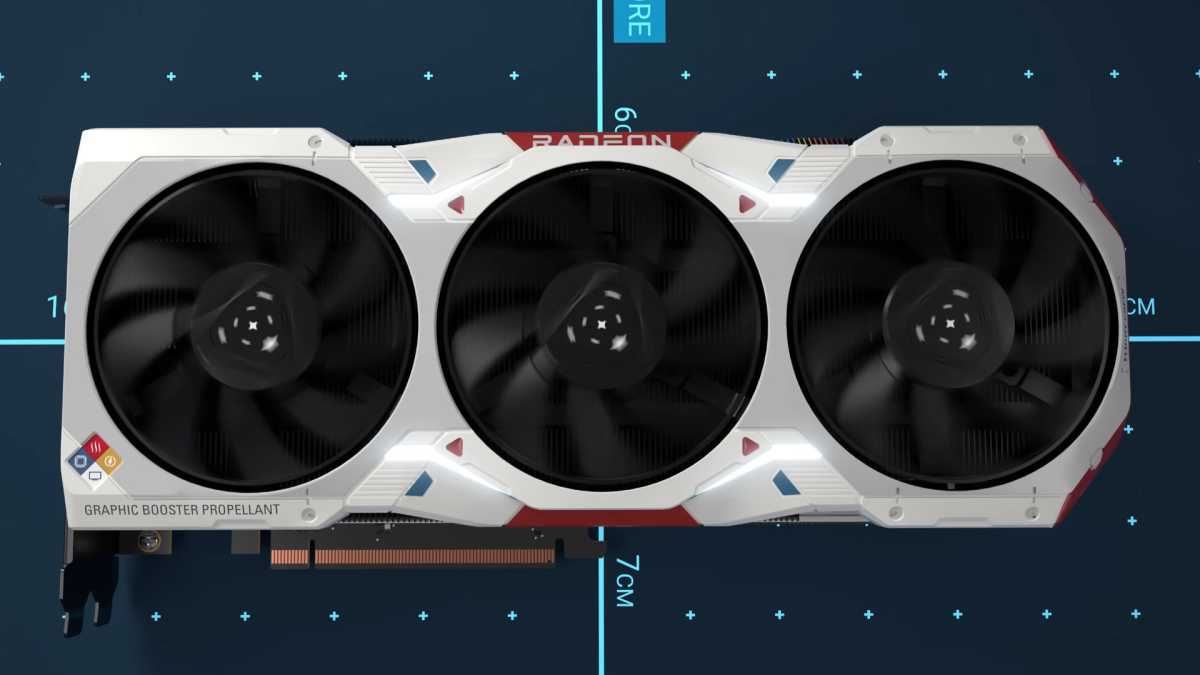Besthesda’s Starfield is the biggest PC launch of the season, a NASA-punk RPG years in the making. But it’s getting some heat from the PC gaming community, even as it comes in for a landing. The game’s support for AMD’s Fidelity Super Resolution upscaling, apparently to the exclusion of the similar DLSS and Intel XeSS, is causing a lot of prospective space explorers to cry foul. We’ve got the official line on the controversy from AMD itself.
The choice seems to be a business-focused one, as Bethesda has been working closely with AMD on the game’s graphics tech for both PC and consoles (remember, both the Xbox Series X/S and PlayStation 5 are built on AMD hardware). AMD is “Starfield’s Exclusive PC Partner,” according to its promotional site and video, both of which mention the game’s FSR 2.0 support. Gamers read between the lines and assumed that Nvidia DLSS would not be supported.
That certainly seems to be the case as Starfield prepares for launch. A datamine of the game’s pre-load assets finds no mention of DLSS or XeSS, though it’s been confirmed that it’ll use FSR 2.0. We asked AMD representatives to comment on Starfield’s use of FSR as a priority upscaling technology. Here’s what AMD told PCWorld in an official statement before the game’s release:
“We cannot discuss specific contractual terms publicly.
As a reminder, FSR is the only upscaling solution that has been optimized to run on multiple GPU architectures and that works cross-platform (across PCs and consoles). This means that on day one, the benefits of FSR are available to practically all gamers running a modern GPU or game console. DLSS on the other hand is exclusive to NVIDIA hardware, and only a subset of their hardware on top of that.
In cross-platform titles and a small number of partner titles we have aligned with developers to prioritize and optimize FSR as their upscaling solution because it works on more hardware for the benefit of more gamers.
When a developer has asked to implement other upscaling technologies in their game, AMD has supported that choice.
AMD believes a vendor-agnostic, standards-based upscaling technology is the best option for game developers and gamers, and we look forward to other GPU providers adopting this approach.“
It’s assumed that some portion of the agreement that has AMD celebrating Starfield as a partnership product means that FSR is the premiere upscaling technology in the game. Hell, there’s even a Starfield special edition Radeon RX 7900 XTX coming out to celebrate the launch. A small portion of the statement makes it seem like Bethesda may be able to add DLSS support to the game later: “When a developer has asked to implement other upscaling technologies in their game, AMD has supported that choice.”

AMD
But AAA game development being the absolute money hole that it is, if Bethesda chose to implement DLSS and/or XeSS post-launch, that might be a very low priority behind initial support and DLC development.
If you’re upset that Starfield doesn’t support DLSS at launch, this statement is unlikely to mollify you. FSR does indeed work across all current graphics cards, mirroring the hardware-agnostic approach AMD took for FreeSync versus G-sync. But if you’ve spent four digits on a GPU for your 4K gaming machine, settling for the multi-platform solution instead of the one with hardware dedicated to it might feel like a de facto snub.
That being said, I find it hard to get up any bile for AMD or Bethesda for this decision, even as someone who runs an Intel-Nvidia hardware setup. It’s a business move — it seems clear that AMD offered Bethesda more value, by whatever measure was being used, than Nvidia. For a counter-example, Nvidia has been using Cyberpunk 2077 as a showcase for every new bit of graphics tech it’s developed since the game’s launch. And that’s neither good nor bad, it’s just a reality of the gaming world. The same reality that means the PS5 isn’t getting Starfield at all, since Bethesda was purchased by Microsoft in 2021.
And those who demand DLSS will have options. Previous games that didn’t have official support were later modded with the capability, including the notoriously fickle Elden Ring and Starfield’s predecessors like Skyrim and Fallout 4. In fact, at least one modder has committed to adding it to the game ASAP after launch.


